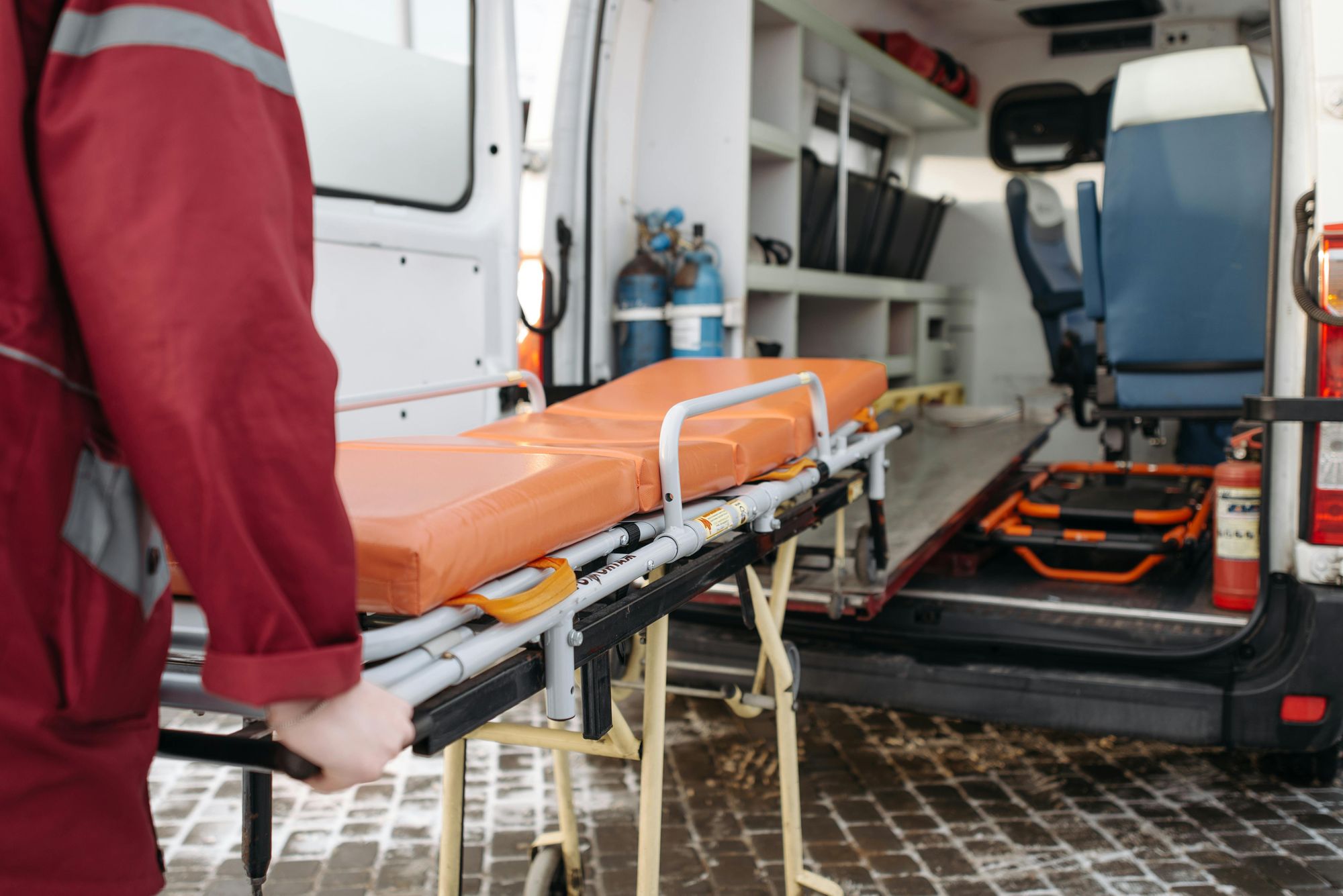Guide to Emergency Medical Services in Halifax: Understanding the EHS System

Emergency Medical Services (EMS) play a critical role in ensuring public safety and health. In Halifax, Nova Scotia, the Emergency Health Services (EHS) system is a comprehensive network designed to provide pre-hospital care and transport for medical emergencies. Whether you’re a long-time resident or a visitor, understanding how the EHS system operates can help you navigate medical emergencies effectively.
This guide provides an overview of the EHS system in Halifax, including its structure, services, and tips for accessing emergency medical care.
Overview of the EHS System in Nova Scotia
EHS is the provincial EMS organization responsible for coordinating and delivering emergency medical care in Nova Scotia. The system integrates paramedics, dispatchers, medical first responders, and healthcare facilities to provide seamless care.
Key Components
- Centralized Dispatch: All emergency calls are routed through the Medical Communication Centre (MCC), which coordinates ambulance dispatch and provides pre-arrival instructions.
- Paramedics: Highly trained professionals equipped to handle various medical emergencies, from trauma to cardiac arrest.
- Ambulances: Advanced Life Support (ALS) and Basic Life Support (BLS) ambulances are deployed based on the severity of the emergency.
- Air Medical Services: EHS LifeFlight provides rapid transport for critically ill or injured patients requiring specialized care.
- Collaborations: EHS works closely with police, fire departments, and hospitals to ensure comprehensive emergency response.
How to Access Emergency Medical Services
1. Dial 911
For immediate assistance in a medical emergency, dial 911. The dispatcher will:
- Assess the situation based on your description.
- Provide first-aid instructions if necessary.
- Dispatch an ambulance to your location.
2. Non-Emergency Medical Needs
For non-life-threatening situations, consider:
- 811: HealthLink provides advice from registered nurses.
- Walk-In Clinics: Accessible for minor injuries or illnesses.
- Family Doctors: Contact your primary care provider for ongoing medical concerns.
Services Provided by EHS
1. Pre-Hospital Care
Paramedics provide on-site medical care, including:
- Administering medications.
- Performing CPR and advanced cardiac life support.
- Stabilizing trauma patients.
- Managing respiratory and neurological emergencies.
2. Transportation to Hospitals
EHS ambulances transport patients to appropriate healthcare facilities based on their condition. Halifax’s key hospitals include:
- QEII Health Sciences Centre: Specialized care for complex medical and surgical cases.
- IWK Health Centre: Pediatric and women’s health services.
- Dartmouth General Hospital: General and emergency care.
3. Community Paramedicine
Community paramedics provide in-home care for patients with chronic conditions, reducing the need for hospital visits.
4. Specialized Services
- EHS LifeFlight: Air transport for critically ill patients.
- Critical Care Paramedics: Advanced training for managing severe medical emergencies.
What to Expect During an Emergency Response
Initial Call:
- When you call 911, provide clear details about the situation, including location, symptoms, and medical history.
Arrival of Paramedics:
- Paramedics will assess the patient, provide necessary treatment, and determine if hospital transport is required.
Transport:
- If needed, the patient will be transported to the nearest or most appropriate hospital. The ambulance crew communicates with the hospital to ensure preparedness upon arrival.
Post-Care:
- Paramedics document the care provided and hand over the patient to hospital staff.
Costs and Insurance Coverage
In Nova Scotia, EHS services are partially subsidized, but there are fees for ambulance transport:
- Standard Fee: Approximately $146.55 for Nova Scotia residents.
- Reduced Fee: Seniors and low-income individuals may qualify for reduced rates.
- Non-Residents: Higher fees apply to individuals who are not residents of Nova Scotia.
Check with your private insurance or provincial health plan for coverage details.
Tips for Navigating Emergency Medical Services
Keep Emergency Numbers Accessible:
- Save 911, 811, and your local hospital’s contact information.
Know Your Location:
- Provide precise details about your location to dispatchers for faster response.
Maintain a Medical Information Sheet:
- Include details about allergies, medications, and pre-existing conditions to share with paramedics.
Prepare for Emergencies:
- Have a basic first-aid kit and learn CPR to assist in emergencies until help arrives.
Frequently Asked Questions
1. When Should I Call 911?
Call 911 for life-threatening emergencies such as:
- Chest pain or heart attack symptoms.
- Difficulty breathing.
- Severe trauma or bleeding.
- Unresponsiveness.
2. What If I’m Unsure Whether It’s an Emergency?
When in doubt, call 911. Dispatchers are trained to assess the situation and guide you appropriately.
3. Can I Choose the Hospital for Transport?
Paramedics typically transport patients to the nearest or most suitable hospital based on the medical emergency. Requests may be accommodated if medically appropriate.
4. Are Paramedics Trained for Pediatric Care?
Yes, paramedics are trained to handle emergencies involving patients of all ages, including children.
Future Developments in EHS
Nova Scotia is continually improving its emergency medical services through:
- Technological Advancements: Enhanced dispatch systems and real-time data sharing with hospitals.
- Expanded Community Paramedicine Programs: Increased focus on preventive care and chronic disease management.
- Environmental Sustainability: Transitioning to eco-friendly ambulance fleets.
The EHS system in Halifax is a well-coordinated network dedicated to providing efficient and high-quality emergency medical care. Understanding how the system works and knowing when and how to access services can make a critical difference during emergencies. Stay informed, prepared, and proactive to ensure the best outcomes for you and your loved ones.




